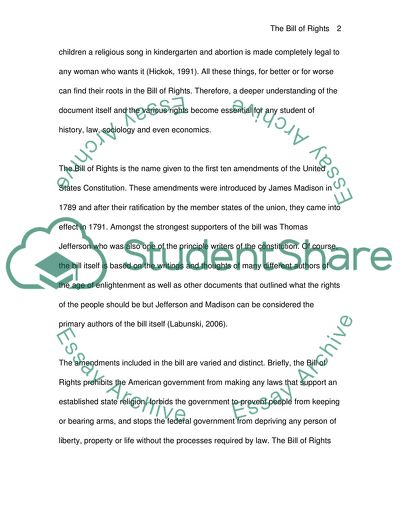Cite this document
(The Bill of Rights Coursework Example | Topics and Well Written Essays - 1500 words, n.d.)
The Bill of Rights Coursework Example | Topics and Well Written Essays - 1500 words. https://studentshare.org/law/1719859-primary-source-based-research-paper-on-the-bill-of-rights
The Bill of Rights Coursework Example | Topics and Well Written Essays - 1500 words. https://studentshare.org/law/1719859-primary-source-based-research-paper-on-the-bill-of-rights
(The Bill of Rights Coursework Example | Topics and Well Written Essays - 1500 Words)
The Bill of Rights Coursework Example | Topics and Well Written Essays - 1500 Words. https://studentshare.org/law/1719859-primary-source-based-research-paper-on-the-bill-of-rights.
The Bill of Rights Coursework Example | Topics and Well Written Essays - 1500 Words. https://studentshare.org/law/1719859-primary-source-based-research-paper-on-the-bill-of-rights.
“The Bill of Rights Coursework Example | Topics and Well Written Essays - 1500 Words”. https://studentshare.org/law/1719859-primary-source-based-research-paper-on-the-bill-of-rights.


